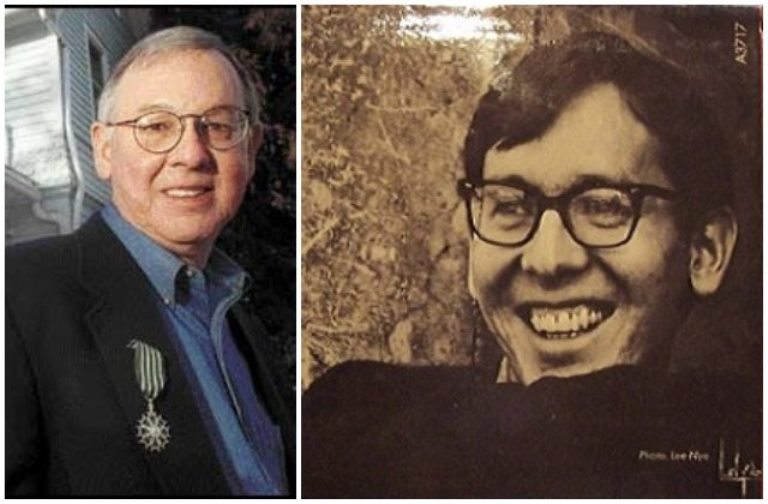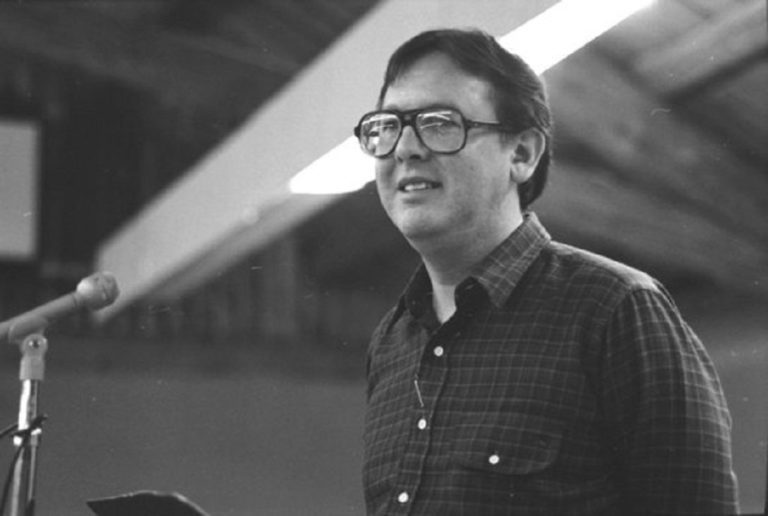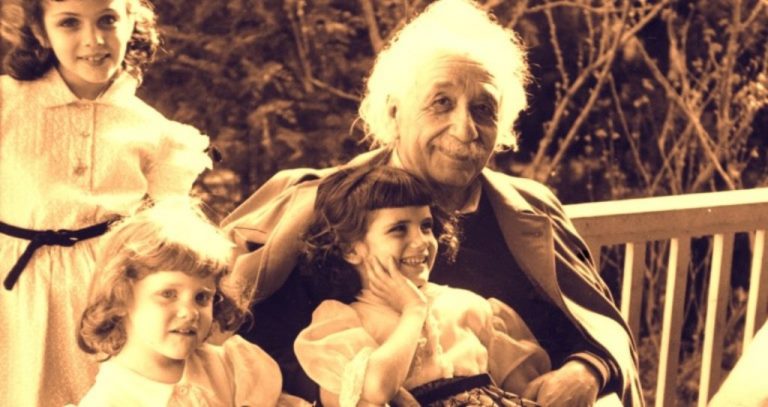In 1971, a critic in his evaluation of James Welch’s earliest published book of poetry described it as alert, sorrowful and true. The critic also described James as a man whose vision is such that James Welch doesn’t just look at a thing but sees through it. For the better part of the writer’s life, his publications maintained that tone as he established himself as one of the greatest culturally significant writers of his generation.
Welch wrote a lot of material that was inspired by his background and upbringing. The writer and poet were raised within the Blackfeet and A’aninin cultures of his parents. As a native American his writing easily shows his insight and firsthand experience of the landscape, history, and people, particularly of the American West. He is known in many circles as the founding author of the Native American Renaissance. In 1997, the prominent author was given a Lifetime Achievement Award from the Native Writers’ Circle of the Americas.
Who Is Writer James Welch?
Unsurprisingly, James Welch was born west of the Mississippi River, in Browning in the State of Montana. His father was James Philip Welch Sr., a welder and ranch owner from the Blackfeet tribe. James’ mother, Rosella Marie was from the A’aninin (Gros Ventre) tribe and worked as a stenographer for the Bureau of Indian Affairs. The beloved Native American novelist was raised and educated in an American Indian setting. This helped him to understand and appreciate the history, traditions, and religion of his people, especially those from his father’s tribe.
Welch did his high school education in Minneapolis, graduating from Washburn High School in 1958. In between high school and his master of fine arts degree at the University of Montana, he worked several jobs: fireman, laborer, and as an Upward Bound counselor.
Welch credits the poet Richard Hugo for giving direction to his literary works. The poet advised James to give his poetry roots by writing about what he knew which was Indians and Indian culture. Welch left Montana having bagged a B.A. in liberal arts in 1965. He later had a brief stint at Northern Montana College (Montana State University-Northern). He would also later teach English and writing at Cornell State University and The University of Washington.
James Welch’s writing career
James Welch has been quoted as saying that the stories he heard as a kid growing within Native American communities were what brought his senses alive. He admitted that he didn’t really realize how much of the culture he knew about until he started writing. Welch started writing at a time when Indian authors were rare and not recognized. He started by writing poetry exclusively, a journey that took up the first eight years of his writing career.
His first and only collection of poetry was titled Riding the Earthboy 40. The book, published in 1971, received thumb ups for its rich Native American history. It was a book that any native American would easily relate to and appreciate.
James would eventually ditch poetry for fiction. His first book was a huge success. He released the book Winter in the Blood in 1974. In the book, Welch draws a lot from his own personal experiences. The subject of the book is a nameless character, a youth residing on a reservation in Montana. The character, like Welch, has roots in the Blackfoot and A’aninin tribes. The character feels caught in between two worlds – the world of the invading white men, and that of his native Indian people where he is unaccepted.
This theme of a misfit character was carried into his next work, 1979’s The Death of Jim Loney. However, he took a different route in 1986 with his next book, Fools Crow. The book explores the struggle to live an authentic Blackfoot lifestyle in the setting of white culture and the U.S. government’s unrelenting war against Plains Indians.
The author’s next two books still draw from his culture and even from his family’s personal history. He published The Indian Lawyer in 1990 and The Heartsong of Charging Elk in 2000.

In all, wise critics understand that James Welch’s writing does not make him either A Native American writer or an American author. His writing transcends such categorizations. Welch’s is ultimately always about the conversations and interactions between cultures, particularly the White American culture and the Native American culture. His attempt to be a literary bridge between both cultures flies in the face of the culturalist mindset.
In 2013, James’s first work of fiction, Winter In The Blood was adapted into a feature film of the same name. The movie was made by Welch’s childhood acquaintances, filmmakers Andrew and Alex Smith. It was produced by Sherman Alexie.
Welch also had some other publications. He collaborated with Paul Steckler to write the screenplay Last Stand at Little Bighorn, and Killing Custer: The Battle of Little Bighorn and the Fate of the Plains Indians in 1994. The former became an Emmy-Award-winning documentary.
James served for a decade as the Vice Chairman of the Montana Board of Pardons and Parole.
Accolades
Apart from his Lifetime Achievement Award in 1997, the writer has garnered a plethora of other recognitions from different literary and non-literary organizations.
In 1993 and 1997, he received two Honorary Doctorates from Rocky Mountain College and the University of Montana respectively. In 1995, his novels were translated into nine languages, and he also received a title from the French Cultural Ministry, Chevalier de l’ordre des Arts et des Lettres (Knight of the Order of the Arts and Letters).
He received the American Book Award, Los Angeles Times Book Prize and the Pacific Northwest Book Award for his 1986 book Fools Crow. The author has also received the Montana Governor’s Humanities Award, 3rd Annual Native American Literature Prize (1991), Spur Award from Western Writers of America for Best Television Documentary Script (1992), and a lot more.
James Welch wife, Lois Monk
In 1968, James got married to a fellow literature junkie, Lois Monk. At the time she was a professor at the University of Montana, teaching comparative literature. Until her retirement, she was the head of the English department. Post-retirement, Welch, and Lois traveled the world, living in different places for a space of time: Italy, Greece, Mexico, and France.
The couple contributed to the preservation of Blackfoot culture by being regular donors to the Piegan Institute’s language immersion program. The objective of the program was to help restore the native Blackfeet language.
What Is The Cause Of His death?
On August 4, 2003, the world lost a great storyteller in James Welch. The author passed away on a Monday morning after a protracted battle with lung cancer at the age of 62. His family who reported that he had died of a heart attack said that he had learned of the lung cancer in October of the previous year.
Perhaps, it was only fitting that the Native Indian literary icon would close his eyes in his state of birth. He died at his home in Missoula, Montana.


